2011 Stockholm Water Prize Awarded to Stephen Carpenter — American Professor Working On Lake Ecosystems
University of Wisconsin-Madison professor earns global recognition.
For his research into lake ecosystems—big, small, and metaphorical—Dr. Stephen Carpenter was awarded the 2011 Stockholm Water Prize, announced in Cape Town, South Africa on March 22 during events marking the eighteenth annual World Water Day.
Carpenter is the director of the Center for Limnology at the University of Wisconsin-Madison and the Stephen Alfred Forbes Professor of Zoology.
In the late 1970s, as a graduate student, Carpenter published papers on the aquatic ecosystem of tiny Lake Wingra, near the University of Wisconsin-Madison. He later returned to the university in 1989 to take a position as a zoology professor. Three decades into his career, Carpenter is now concerned with larger questions about global food security and how to build social and political institutions resilient to anomalous, systematic shocks, such as the recent spikes in food prices.
“Ecosystem science is scalable,” Carpenter told Circle of Blue. “Earth is just a big lake—a big, bounded system to be understood in energy flows, human interactions, and biological and physical processes.”
Carpenter’s work bridges academic disciplines in the science and policy arenas. He is well-known for his studies of food chains and water-land interactions in lake ecosystems. His research focuses on how nutrient cycles and fish populations affect freshwater quality and biological systems.
Founded in 1991, the Stockholm Water Prize is awarded annually by the Stockholm International Water Institute to a person or organization for outstanding work on water issues. The winner is announced in March in conjunction with World Water Day. The prize—$150,000 and a crystal sculpture—will be presented on August 25 by King Carl XVI Gustaf of Sweden during World Water Week in Stockholm.
Last year’s winner was Dr. Rita Colwell, a professor at the University of Maryland and Johns Hopkins University, for her research on the connection between climate and cholera, along with other waterborne diseases.
This year, the prize committee noted Carpenter’s scientific bona fides:
“Professor Carpenter has shown outstanding leadership in setting the ecological research agenda, integrating it into a socio-ecological context, and in providing guidance for the management of aquatic resources,” the Stockholm Water Prize Nominating Committee wrote in a press release.
“It’s very nice to be recognized in such a high-profile setting,” Carpenter said. “Perhaps it will make it easier to make progress on my global projects.”
One area of inquiry is a study of ecosystem change and society. That project, in collaboration with the International Council of Science, looks for ways to feed the anticipated 9 billion people that will inhabit the planet, while maintaining freshwater quality.
“We have an obligation to carry those people into the future,” Carpenter said. “We’re not doing well on 7 billion, and scaling up to 9 billion presents a challenge.”
For more information about Dr. Carpenter’s work, visit his website. For a list of past Stockholm Water Prize laureates, visit the Stockholm International Water Institute website.
Brett writes about agriculture, energy, infrastructure, and the politics and economics of water in the United States. He also writes the Federal Water Tap, Circle of Blue’s weekly digest of U.S. government water news. He is the winner of two Society of Environmental Journalists reporting awards, one of the top honors in American environmental journalism: first place for explanatory reporting for a series on septic system pollution in the United States(2016) and third place for beat reporting in a small market (2014). He received the Sierra Club’s Distinguished Service Award in 2018. Brett lives in Seattle, where he hikes the mountains and bakes pies. Contact Brett Walton

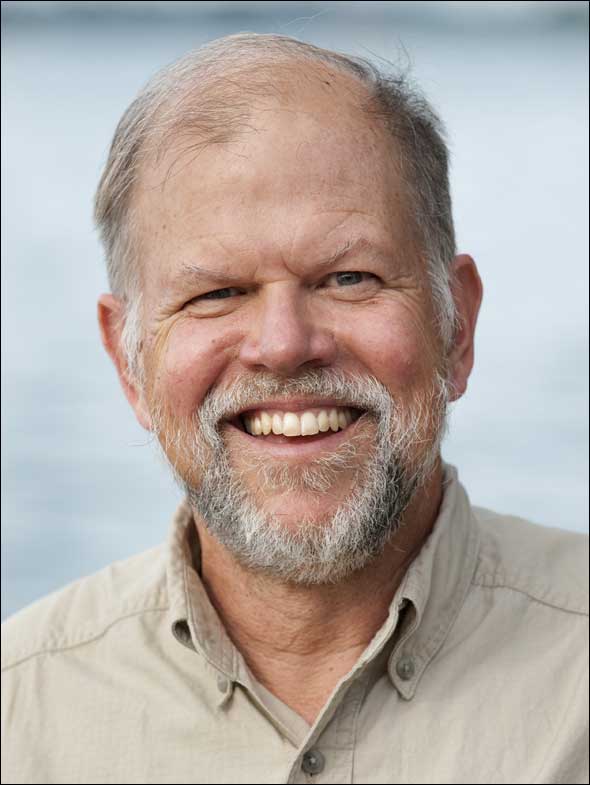


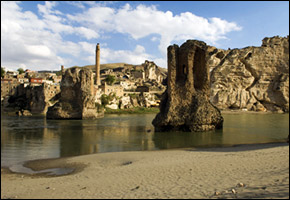
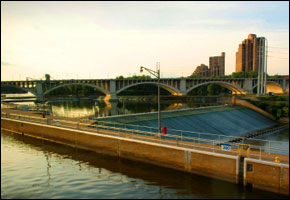
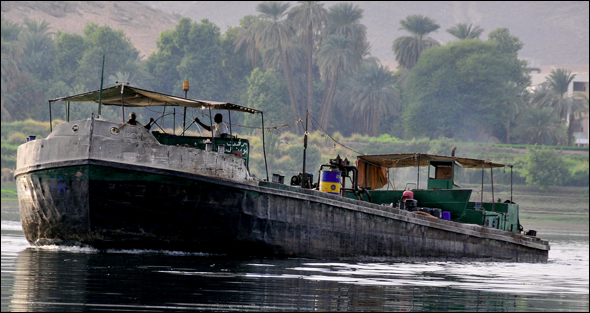


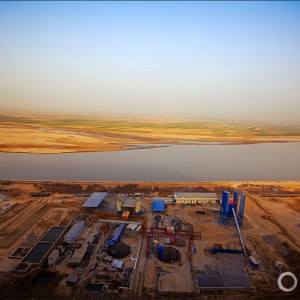
Congratulations Dr. Carpenter!